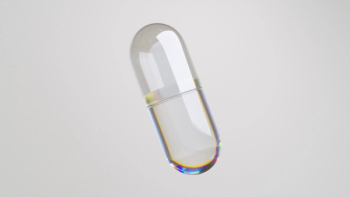
Capsugel Promotes Delayed-Release Vegetarian Capsules
DRcaps protect ingredients from early activation due to stomach acid-without the use of synthetic chemicals, solvents, or other coating ingredients.
DRcaps, new
The company says in vitro studies show that the capsule’s contents remain protected for at least 30 minutes at a gastric pH of 1.2. Thereafter, ingredients release fully at an intestinal pH of 6.8.
The capsules are made from hydroxypropyl methylcellulose (HPMC). The company says they disintegrate more slowly than conventional gelatin or HPMC capsules.
“This is not an enteric capsule in the pharmaceutical sense, but it provides very effective protection for ingredients in the stomach and relief from adverse tastes as well,” says Keith Hutchison, vice president of Capsugel’s research and development.
An additional benefit is minimizing the aftertaste of ingredients. The company says that in a consumer sensory panel it commissioned, consumers were given an ingredient with a typically bad aftertaste, in both tablet and DRcaps form. It says the majority of consumers did not perceive a bad aftertaste with DRcaps, while two-thirds indicated a bad immediate aftertaste from the tablet version.
DRcaps also allow manufacturers to save production cost and time by potentially eliminating the need to apply further, additional chemical coatings to protect ingredients, mask tastes, or postpone active-ingredient release. Besides, the company points out, some consumers seeking natural products may find the addition of such chemical coatings “unnatural.”
DRcaps may be especially well suited to probiotics. The capsules’ low moisture level of 4 to 6% in 50% relative humidity, compared to the moisture level of gelatin of 12 to 14% in similar conditions, helps keep probiotics stable in the package.
“In vitro tests results suggest that the protective properties of DRcaps should help deliver live cultures and enzymes to the small intestine, where they can be most effective,” says company vice president of global marketing Serge Enokian.
Newsletter
From ingredient science to consumer trends, get the intel you need to stay competitive in the nutrition space—subscribe now to Nutritional Outlook.




